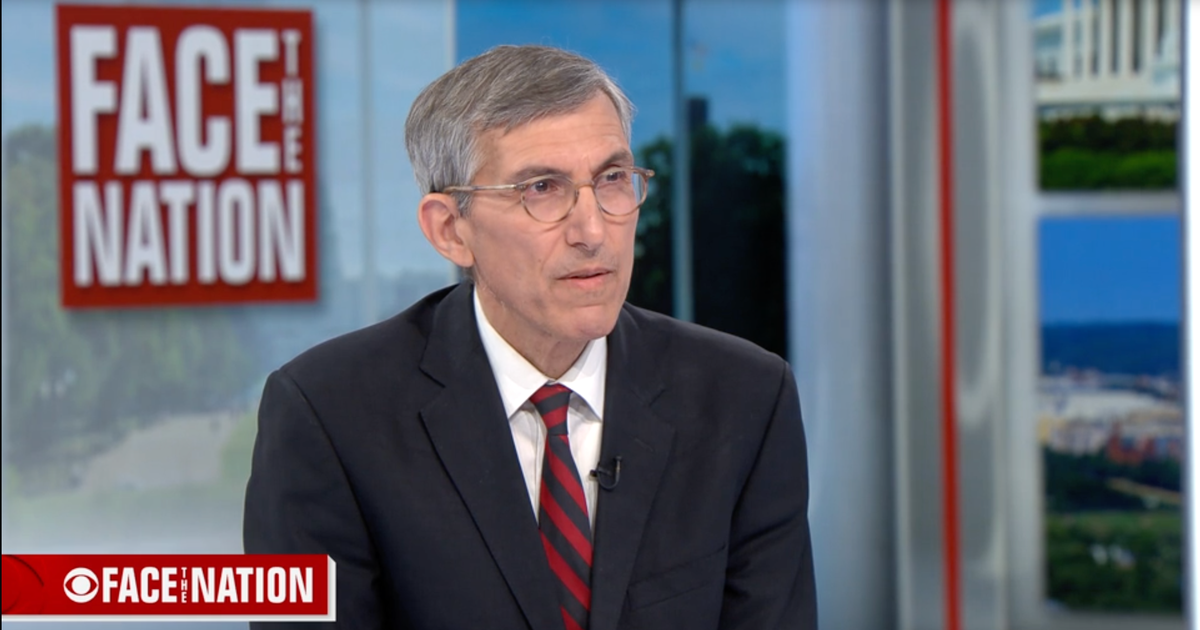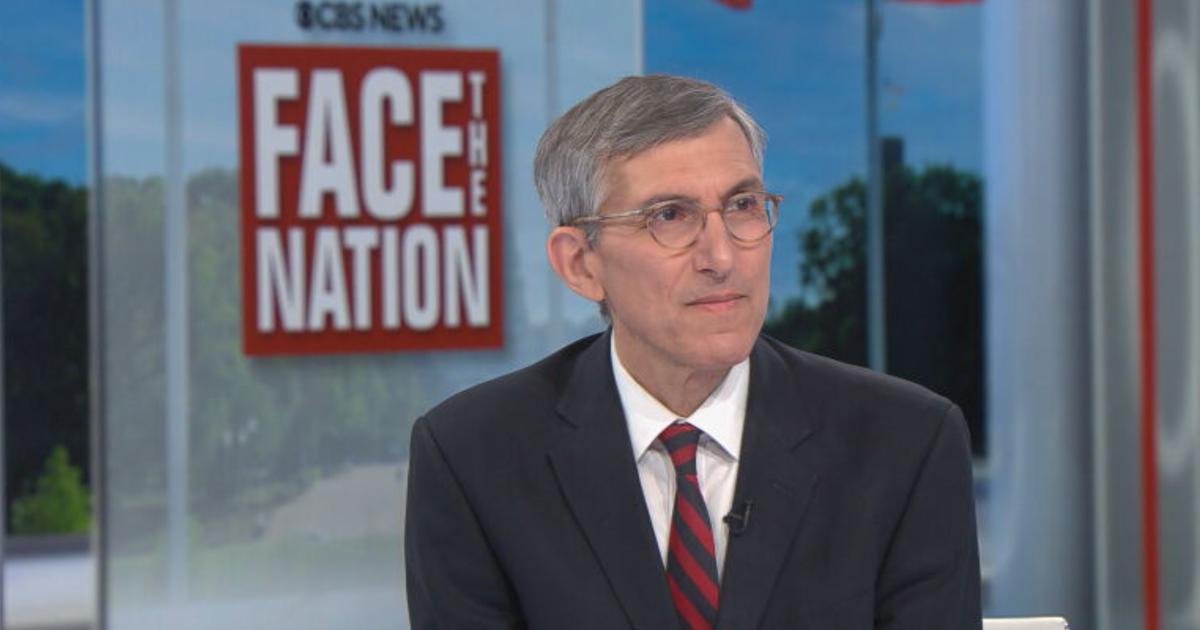A top federal health official ousted by the Trump administration denounced Health and Human Services Secretary Robert F. Kennedy Jr.‘s claim that he would be able to determine the cause of autism by September, warning against offering “false hope” to families.
“There are people, probably, who are hearing me now who know that I cared for leukemia patients for a significant number of years. Giving people false hope is something you should never do,” said Dr. Peter Marks, in an interview Friday with “Face the Nation with Margaret Brennan.”
Marks served as head of the FDA’s Center for Biologics Evaluation and Research, which oversees the approvals of vaccines as well as other kinds of medical products that are derived from living sources, like gene therapies and blood donations.
He also played a key role in the U.S. government’s pandemic response, and is credited with the creation of Operation Warp Speed to speed the development of COVID-19 vaccines. Before joining the FDA, he was a top physician at Yale University’s cancer hospital.
“You can be incredibly supportive of people, but giving them false hope is wrong,” Marks said.
Kennedy announced this week that the Trump administration would be launching “a massive testing and research effort” through the National Institutes of Health about autism.
“By September, we will know what has caused the autism epidemic, and we’ll be able to eliminate those exposures,” Kennedy told President Trump Thursday, at a White House Cabinet meeting.
Marks warned that autism was “an incredibly complicated issue,” citing past research suggesting that a range of genetic and environmental factors could be interacting to cause autism.
He also echoed caution by health officials that much of the apparent growth in autism rates is likely the result of improved diagnosis — as opposed to an actual increase in its prevalence.
“If you just ask me, as a scientist, is it possible to get the answer that quickly? I don’t see any possible way,” said Marks.
In an interview with Fox News after the announcement this week, Kennedy said that “an environmental toxin” was to blame for the increase in autism rates.
“We’re going to look at vaccines, but we’re going to look at everything. Everything is on the table, our food system, our water, our air, different ways of parenting. All the kind of changes that may have triggered this epidemic,” Kennedy said.
Experts and advocacy groups have criticized Kennedy’s repeated mischaracterization of improved autism diagnosis rates as an “epidemic.” And they ridicule his claim that a simple answer to autism’s causes can be identified in less than a year.
“This notion is particularly absurd given the decades of time and billions of dollars that have already been spent on research to identify the causes of autism, far outstripping the time and effort spent on researching how to improve the health and well-being of living autistic people,” the Autistic Self-Advocacy Network said in a statement.
The group is part of the federal Interagency Autism Coordinating Committee, which oversees research dollars spent on autism.
Kennedy has faced criticism for years for suggesting that vaccines were causing increases in autism and other chronic diseases, despite studies repeatedly debunking the claim. President Trump also floated vaccines as a possible autism cause on Thursday.
“There will be no bigger news conference than that, so that’s— if you can come up with that answer, where you stop taking something, you stop eating something, or maybe it’s a shot, but something’s causing it,” the president said.
As head of the nation’s public health agencies, Kennedy’s aides have asked federal health officials to reopen research into whether vaccines are linked to autism.
It comes as Kennedy has faced criticism for his waffling support of vaccines, amid a deadly record measles outbreak in the U.S. that has prompted the Centers for Disease Control and Prevention to step up its vaccination recommendations for some domestic travel.
Marks said the evidence was clear that measles vaccines were not a cause of autism. More than two dozen studies have refuted claims that measles vaccines cause autism, debunking a now-retracted 1998 paper that claimed to have identified a link.
“I will not accept as a cause of autism is the MMR vaccine, or, for that matter, any of the other vaccines we use because we’ve studied them in so many millions of children,” said Marks.




